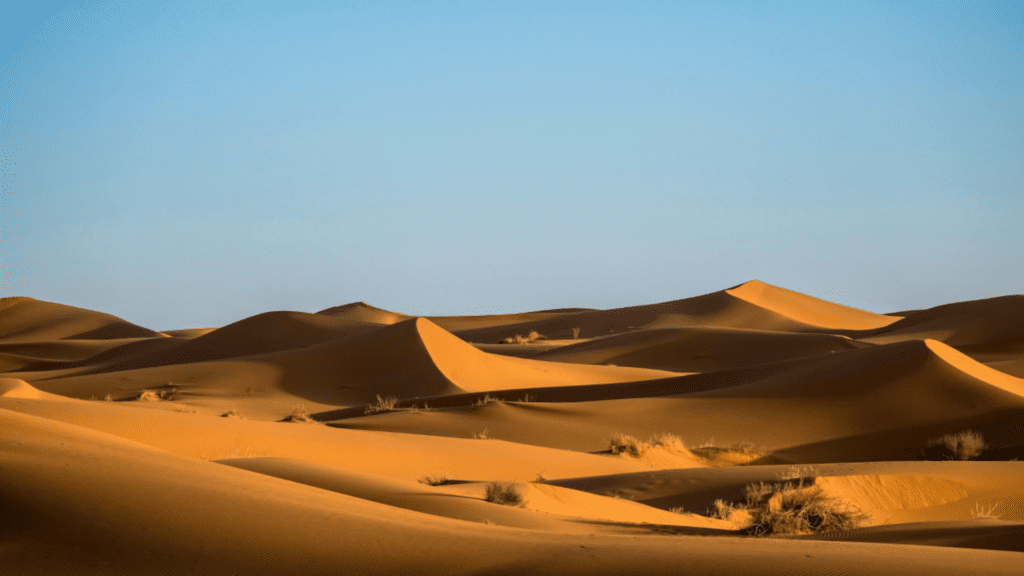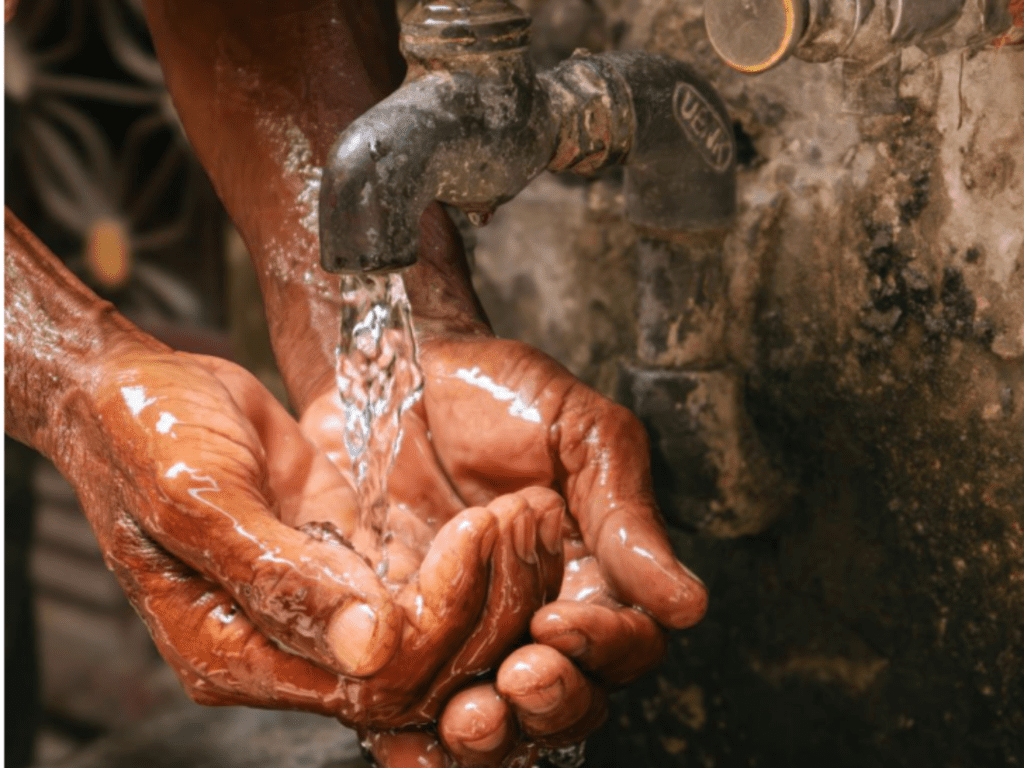
In the heart of North Africa, Tunisia is a land of natural beauty, ancient history and limited resources. Recently, the CEO of WaterNext Italia set off on an adventurous trip to Tunisia, eager to discover the country’s wonders. However, what he discovered led him to reflect deeply on one of the most pressing crises of our time: water scarcity.
Tunisia and the water crisis
Tunisia is among the countries most severely affected by water scarcity. The problem is growing rapidly due to a combination of climatic, geographic, and human factors. Climate change has led to increasingly unpredictable rainfall and prolonged periods of drought, while intensive agricultural and industrial water use further strain already limited resources.
In many areas of the country, access to clean and safe water is no longer guaranteed. Groundwater reserves are diminishing, and surface water supplies are under constant pressure. For millions of Tunisians, especially in rural and underserved regions, water scarcity is not a future risk, it is a daily reality.
A journey that changes perspective
During his visit, the CEO explored both rural villages and urban districts, observing firsthand the daily struggles that many communities face in securing clean and safe water. Without the need for formal interviews or meetings, the reality was clear: water scarcity deeply affects everyday life.In numerous locations, people rely on old wells and aging infrastructure that can barely cover basic needs. The quality of available water is often compromised—polluted, saline, or bacterially contaminated, posing serious health and hygiene concerns.This experience sparked a deep personal reflection: how can we, in countries with reliable water systems, continue to take this vital resource for granted, while so many others live with constant uncertainty?
The importance of water
Water is not only essential for human survival—it is a fundamental human right. Yet, as the Tunisian example shows, that right is not always honored. Water scarcity forces societies to rethink their priorities, adapt their consumption habits, and invest in sustainable solutions that can protect both people and ecosystems.
In Tunisia, water scarcity is not just an environmental issue; it is a humanitarian and ethical challenge. It raises important questions about justice, equity, and the responsibility of governments, industries, and individuals to act.

Innovation and sustainability in the textile industry
The textile industry, a pillar of the Tunisian economy, is also one of the most water-intensive sectors. Every stage of production, from dyeing fabrics to washing garments, requires large amounts of water. Every phase of textile production: from dyeing to rinsing, washing, and finishing, consumes vast quantities of water.
Investing in water filtration technology not only preserves a valuable resource, but also represents an opportunity for the textile industry to become more sustainable and competitive.
A universal truth
This trip was a strong reminder of the importance of water in our daily lives and the need to treat it with the respect it deserves. The CEO returned home with a renewed awareness: every drop counts, and each of us has a responsibility to use this precious resource responsibly. Investing in advanced water treatment technologies, such as Membrane Filtration and Reverse Osmosis, allows textile manufacturers to drastically reduce water consumption, recycle wastewater, and minimize pollution.
These improvements not only support environmental sustainability but also offer economic advantages. Companies that adopt circular water management strategies often benefit from lower operational costs and improved compliance with international sustainability standards, such as ZDHC
This journey to Tunisia offered a profound reminder of the true value of water. It underscored a universal truth: every single drop matters. It also highlighted the shared responsibility we all carry – as individuals, companies, and communities – to safeguard this vital and irreplaceable resource.
Join WaterNext in protecting our most precious resource: Water. Together, we an make a difference for a sustainable future.

Comments are closed